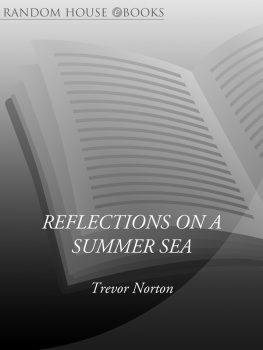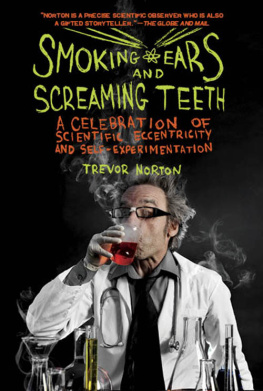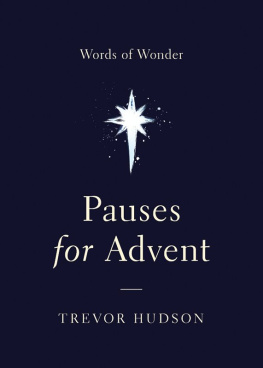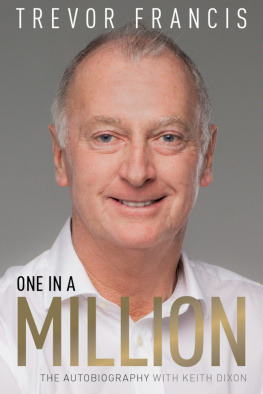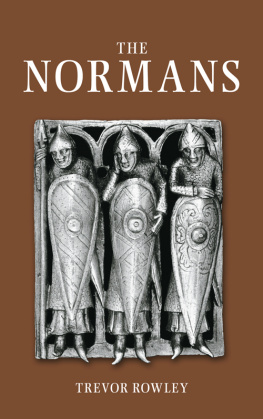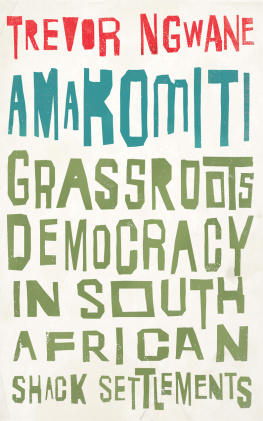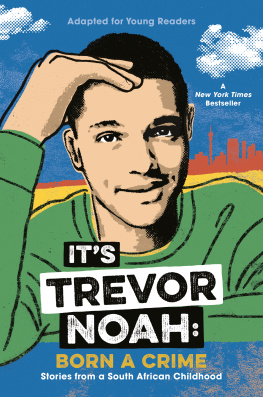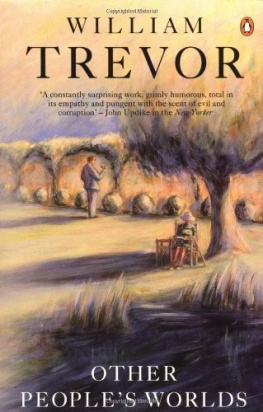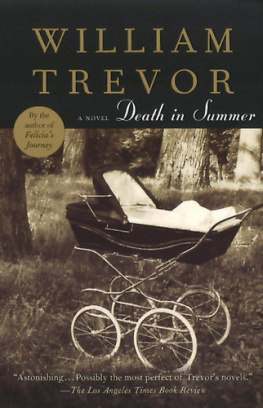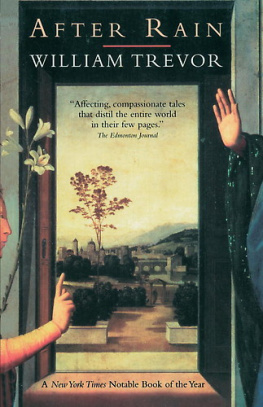About the Author
Trevor Norton, whose first book, Stars Beneath the Sea, won him the accolade Bill Bryson underwater, is Professor of Marine Biology at the University of Liverpool and Director of the Port Erin Marine Laboratory on the Isle of Man. He has authored over 150 scientific publications and books, and is an authority on the history of scientific diving.
Acknowledgements
My story is, above all, a personal history, but I am indebted to all those too numerous to mention who shared their memories and photographs. None the less, without the words of John Bohane, John Ebling and Jack Kitching this would have been a dull narrative.
I am indebted to Marad Nic Craith who ensured that my Irish was Irish.
I am also deeply grateful to John Bishop, Caroline Dawnay, Cathy Kennedy, Colin Little, Rachel Norton, Peggy Pertunnen, and Arthur and Phyllis Pollard, who all commented on parts of the first draft.
My greatest appreciation is, however, reserved for my wife, Win, for more than I can ever express, plus the drawings that adorn these pages; Annabel Hardman, who fell in love with a Lough she had never seen; and Mark Booth who may, if he perseveres, make a writer out of a raconteur.
Also by Trevor Norton
Stars Beneath the Sea (Century, 1999)
Arrival
There are no snakes in Ireland, but the roads make up for it. The one from Skibbereen slithers over and around the terrain as it tries, but fails, to find an easy route. Everywhere there are hillocks and outcrops and bogs, but in West Cork it is not the scraped-bare, soilless desolation of some parts of Ireland, where the ominous feeling is that one day the ice will return. Here there is a greener barrenness, but dont be fooled by the honeysuckled hedgerows or the emerald veneer on the fields that promise fertility. The dolphin-backed outcrops are just the few that break the surface; great masses of bedrock lurk below. It is a harsh, unyielding land that wears a man down and into an early grave in soil too shallow to dig.
In 1964 cars had yet to surpass the cow as king of the road, but were common enough to be a menace, for there was no speed limit on the highway and not everyone had got the hang of how to drive. An official driving test was still a year away and there would be no retrospective assessment for drivers already careering down the road. A survey of those involved in accidents had alerted me to the perils of hats on the highway. Beware, it said, of the driver with the determined look and the trilby, worse still the one with the cap and the vacant stare but above all avoid the nun with her blinkering cowl and the certain knowledge that God will protect.
Yesterday I had seen Liverpool slip away into the gathering darkness as the overnight boat left for Dublin. Ferries werent floating hotels in those days. This tub was kept afloat by its barnacles. Everything was painted black, layer upon layer over pustules of rust. I had read that 125 years earlier the Irish Packet possessed a miserable paucity of accommodation and utter indifference to the comfort of the passengers. I think it was the same boat.
On deck, the young couple across from me were sitting on a bench holding hands she in a funny hat, he in his fathers suit dandruffed with confetti. Feeling as if I were sitting in their bedroom, I left to explore the ship.
The saloon bar was the warmest place on board and full of smoke, the ceiling tanned with nicotine, the windows opaque, the curtains stiff and brown. We would all be kippered by morning, I thought with a smile.
I chatted to some well-washed American students with new-mown crew cuts a sample of the 38 million Americans who claim Irish ancestry. They came from Boston, convinced they were Irishmen coming home. Thats the trouble with Ireland: it steals the heart and confuses the passport. There is an aching loveliness in the country that hauls back not only those who have left, but those whose great grandfathers left. Ireland, they say, is a fatal disease.
A group of English teenagers drank too much and sang songs for which the lyricists seemed only to have written the first verse. Their version of The Wild Rover was as loud and out of tune as usual.
As the evening wore on, the teenagers paired off and went out on deck. Eventually I followed and, after the smoke, the fresh air made me cough. I walked back along the starboard rail and looked over the long aft deck at the luminous wake trailing into the night. As my eyes became accustomed to the gloom, I noticed strange movements from the wooden life rafts on the deck below. On each one a pallid bottom was rising and falling in the moonlight. A star winked at me and I winked back.
I settled down for the night on the draughty deck. What on Earth was I doing here, sleepless in the middle of the Irish Sea? It was Dr Burrows fault.
As an undergraduate I had correctly estimated the minimum amount of work required to get a good degree. Surprisingly my mentor, Dr Elsie Burrows, decided I was worth retaining and secured a studentship for me to do ecological research for three years under her supervision. I was flattered and accepted, although I thought the project more worthy than exciting. I was to unravel the patterns of growth and reproduction in a commercially exploited kelp plant called Saccorhiza, an impressive six-footer that lived below the tides and would therefore provide a reason to go diving. The work didnt sound too arduous, and I reckoned I could fit it in when I wasnt playing football.
But most of all I loved the idea of becoming a marine ecologist, although I wasnt entirely sure what they did.
I was troublesome from the outset, and Dr Burrows was becoming impatient with me. Norton, she announced, I am sending you... (was she about to say down?) to Ireland. Professor Kitching, who owns the laboratories at Lough Ine, has agreed for you to spend the summer there beside the densest forest of Saccorhiza you will ever see.
So that was that. I hastily read a few of Kitchings publications. They were excellent pieces of research, but referred back to his earlier studies from the 1930s; that meant he must be at least in his fifties by now, probably over the hill. Even so, I might learn something.
I had more to learn than I imagined.
Early next morning the ferry eased into the narrow, stout-stained river Liffey and was lassoed to Ireland. I had arrived in Dublin with empty pockets of expectation, and was bruised and buckled from a miserable night on deck.
What was I going to do for three hours before my train left for Cork? I walked the streets, past doorways of sleeping men, and ragged children begging on street corners.
I then came across a busker. He juggled, but the balls bounced off in all directions; his card tricks failed and his balancing dog fell over. And now for someting special, he declared, producing a large sword and whacking it against his suitcase to show it was steel. He bent back his head, opened his mouth and began to insert the blade. I couldnt watch. Even if he got it down without mishap, which seemed unlikely, he might forget and bow to the audience. I tossed a few shillings into his cap to help with the hospital bills and took refuge in the Guinness brewery just across from the railway station.
In 1759 Arthur Guinness had come into a small inheritance. I would have gone out and got drunk, but Arthur took a 900-year lease on a brewery and got the whole of Ireland drunk. The brewery paid a quarter of all the excise revenue levied in Ireland. It sold best in Africa, where Guinness was considered an aphrodisiac. Not so in Ireland apparently for, according to a local journalist, an Irishman is the only man in the world who would climb over a dozen naked women to get to a bottle of stout.


